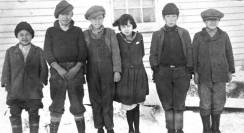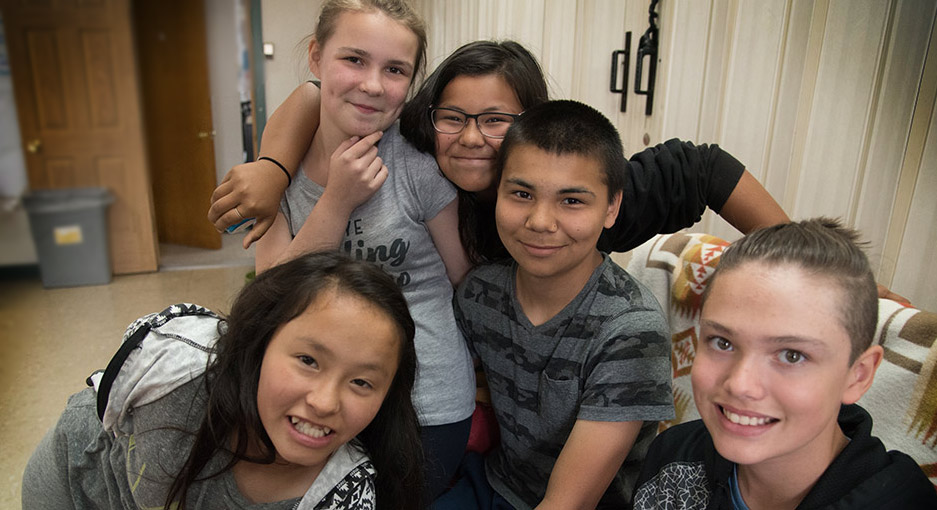The word “Aleut” is what Russians called the Native peoples of the Aleutian Islands. The people’s name for themselves is “Unangan.” (There is no consensus among historians where the word “Aleut” originates.)
Many Native Americans in the Lower 48 struggle with similar naming discrepancies. For example, the name “Sioux” is a Frenchified version of a Chippewa word meaning “little snakes,” but the people’s name for themselves is “Dakota,” which means “an alliance of friends.” Just as many Native American peoples have asked that they be referred to by their own names, there is growing support among Alaska Native peoples to reclaim their traditional names, including the Unangax. But for now, both Native and non-Native people commonly use the word “Aleut.”
Historians estimate that Unangax have lived in Alaska for approximately 10,000 years, primarily in a region that includes the western end of the Alaska Peninsula, the Shumagin Islands and the entire Aleutian archipelago. They thrived primarily by turning to the sea: fishing and hunting sea mammals.
The Unangax are credited with inventing the kayak and its larger cousin, the baidarka, which they used to navigate the treacherous waters surrounding the islands of their home. They were expert seafaring hunters and, in the words of a Russian visitor in 1840, “…in the hands of excellent riders, [kayaks] were so speedy that birds could not outrun them…and so light a seven-year-old child could easily carry them.”
Although St. Paul Island is not the historical homeland of the Unangan people, residents of the island are very much Unangan and honor their ancient culture in many ways. The vast majority of Unangax practice Russian Orthodox Christianity. On St. Paul Island, this marriage of cultural histories can be seen in traditional Unangan dancing and ceremonies, subsistence hunting and fishing, the cemetery with its three horizontal crossbeams, and the beautiful white church in town.


